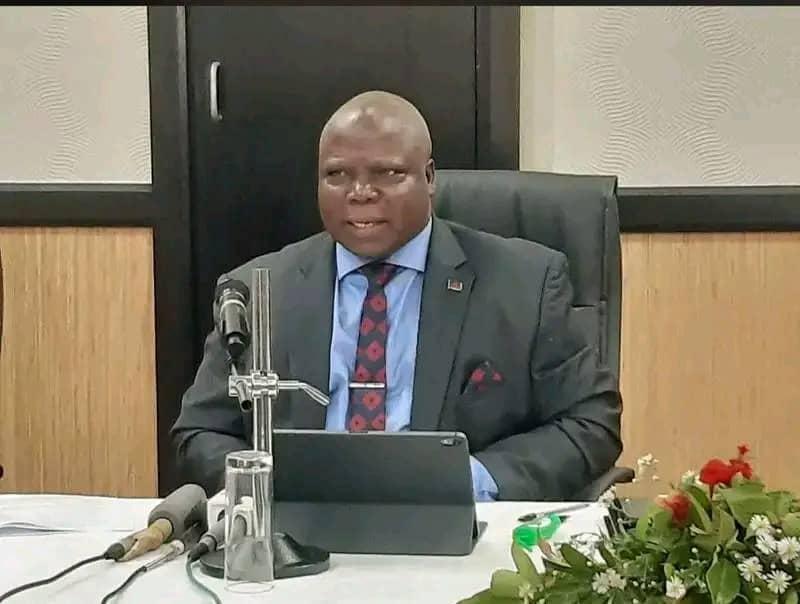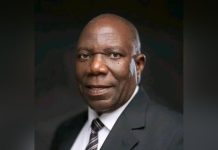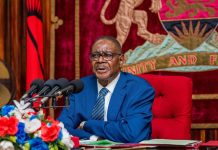Africa-Press – Malawi. In a move that has sent shockwaves across Malawi’s public sector, the new administration has ordered an immediate suspension of all recruitments and major procurements in parastatal organisations and State-Owned Enterprises (SOEs) — a decision analysts say could either restore fiscal sanity or paralyse essential services.
The directive, issued through the Department of Statutory Corporations, took effect on October 7, 2025, following the dissolution of all parastatal boards. It effectively freezes hiring and big spending until new boards are constituted — a process that could take weeks, if not months.
According to Chief Secretary Justin Saidi, the freeze was triggered by reports of “illegal recruitment and backdated contracts” allegedly carried out during the eight-day transition between administrations. Government, he said, wants to “seal leaks” and ensure that no shady deals or politically motivated contracts slip through the cracks.
“We have received reports of such activities and will dispatch officers to confirm that no illegal recruitment or signing of contracts occurred during this period,” Saidi said.
But behind the neat justification lies a messy debate. Governance experts are divided — with some praising the move as a bold step toward accountability, while others see it as a self-inflicted wound that could stall vital services, derail donor-funded projects, and deepen bureaucratic paralysis.
Corporate governance specialist Anthony Mukumbwa called the freeze a “necessary reset,” arguing that unchecked recruitment under dissolved boards could entrench partisan loyalists and sabotage policy realignment.
“We know that key parastatal positions have long been politicised. The suspension will allow the new administration to clean up and align institutions with its strategic priorities,” Mukumbwa said.
But not everyone is clapping. Youth and Society (YAS) executive director Charles Kajoloweka slammed the move as a “lazy and reckless” governance decision, accusing the government of creating the very crisis it now seeks to control.
“They dissolved boards without replacements — that’s poor planning. You don’t halt an entire sector to fix your own oversight vacuum,” Kajoloweka fumed.
He warned that halting procurements could choke institutions that rely on ongoing supply contracts for critical services like electricity, water, and medical supplies — and might even breach deadlines tied to donor-funded projects.
Meanwhile, Willy Kambwandira of the Centre for Social Accountability and Transparency (Csat) cautiously backed the freeze, describing it as “inevitable in the face of fiscal chaos.”
“Malawi’s debt crisis demands tough control. But transparency will determine whether this freeze brings discipline or merely delays dysfunction,” he said.
The move comes as Malawi’s public debt balloons to K13.1 trillion, forcing the new government to rein in spending and plug financial leaks. Yet, critics argue that a sweeping halt without a clear timeline risks freezing productivity and morale in the very institutions tasked with driving economic recovery.
Observers note that the strategy mirrors the June 2020 actions of the previous administration, which similarly froze hiring and spending in the name of reform — but with limited long-term results.
As the government tightens the fiscal screws, the real test will be whether this freeze brings order to a chaotic public sector — or simply replaces old inefficiencies with new paralysis.
For now, Malawi’s parastatals remain in suspense — quite literally.
For More News And Analysis About Malawi Follow Africa-Press






